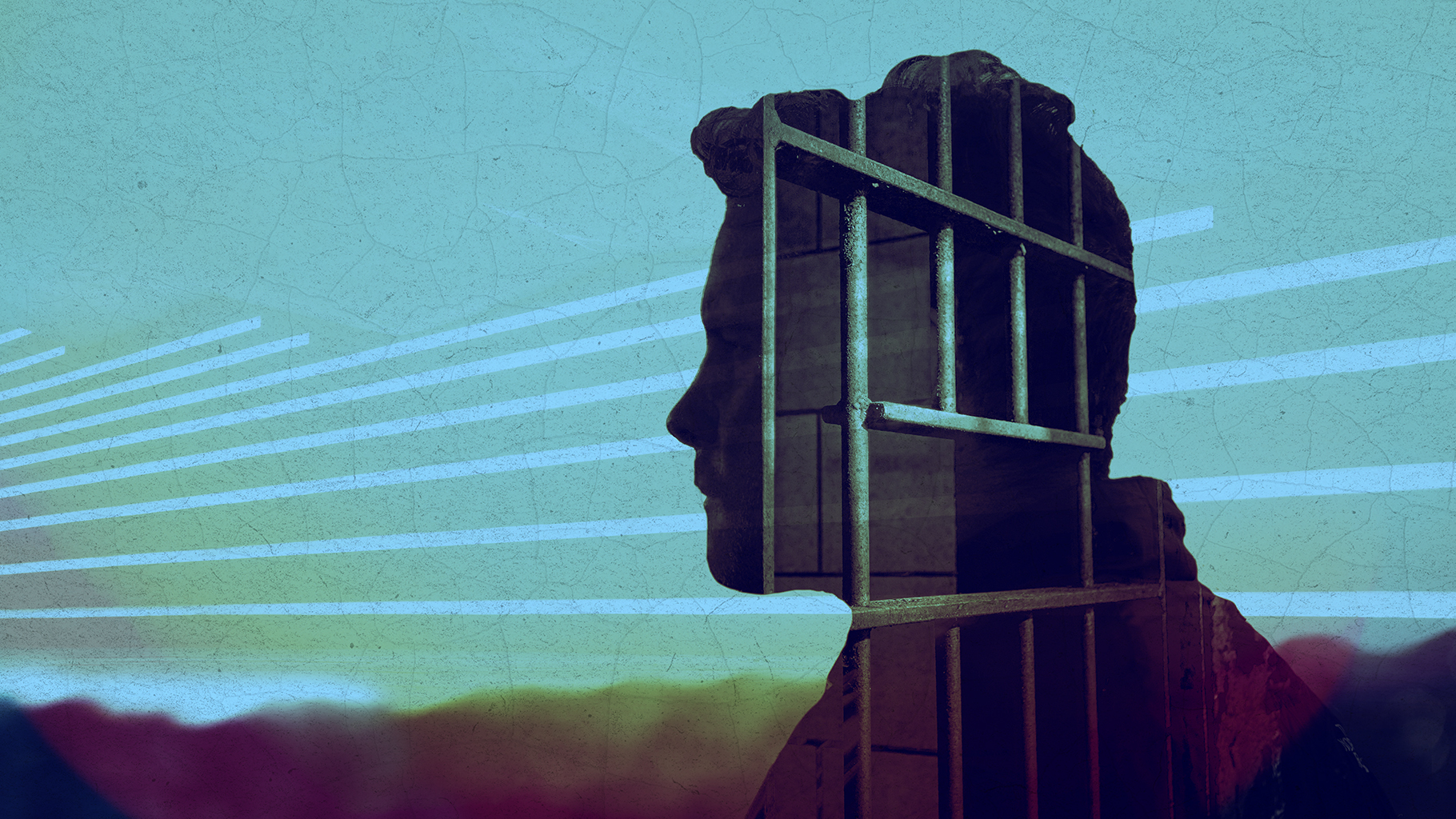Re-entering society after a stint in prison can be an overwhelming experience, fraught with a mix of emotions and challenges. For many, the weight of anxiety looms large—haunting thoughts about reintegration, societal judgment, and personal redemption can make even the simplest tasks feel insurmountable.
It’s not just about facing the world outside; it’s also about wrestling with the echoes of the past and the fear of stumbling in the present. Understanding how to navigate this complicated emotional landscape is crucial.
Fortunately, there are effective strategies that can help ease this transition. By embracing practical tips and fostering resilience, individuals can learn to manage their anxiety, build connections, and step confidently into their new reality.
Let’s explore some empowering ways to confront those feelings of anxiety and reclaim a sense of purpose, one step at a time.
Understanding Anxiety After Prison
Understanding anxiety after prison is a multifaceted challenge, rooted in the profound transition that formerly incarcerated individuals face upon reentering a world that often feels foreign. The stark contrast between prison life and the freedoms of the outside can evoke a whirlwind of emotions—fear, uncertainty, and isolation swirl together, creating an overwhelming sense of anxiety.
Many grapple with the haunting memories of their past, battling not just internal demons but the societal stigma that shadows their every move. As they navigate new routines, relationships, and responsibilities, it’s not uncommon for the weight of expectations to amplify their stress.
This turbulent period demands compassion, patience, and understanding, as each person’s journey is uniquely shaped by their experiences—both in and out of prison—leading to a complex landscape of emotions that deserve to be explored and addressed.

Building a Support System
Building a robust support system is essential for navigating the tumultuous waves of anxiety that often follow prison release. As you transition back into society, surrounding yourself with understanding and compassionate individuals can make all the difference.
Friends and family, long forgotten yet eager to reconnect, may provide much-needed emotional grounding, while support groups composed of fellow ex-offenders can offer a unique sense of camaraderie, fostering an environment where shared experiences catalyze healing. Additionally, professional help, such as therapists and counselors familiar with the challenges of reintegration, can equip you with practical coping strategies and tools.
Remember, it’s not just about seeking help; it’s about forging connections that affirm your worth and resilience, allowing you to rebuild not just your life, but your very sense of self.
Professional Help and Counseling
Navigating life after prison can feel overwhelming, a heavy cloak of anxiety that clouds each day. Seeking professional help and counseling can be a pivotal step in this journey.
A therapist, with the right expertise, can provide a safe haven—a space where your thoughts and emotions can flow freely without judgment. They can help you explore the underlying causes of your anxiety, equipping you with practical coping mechanisms tailored to your unique experiences.
Whether it’s through individual sessions, group therapy, or support groups, connecting with others who share similar struggles can ease feelings of isolation and foster a sense of belonging. In this process, remember that healing isn’t linear; it’s okay to have moments of doubt and fear.
Each session can be a powerful tool, turning the chaotic aftermath of your past into an opportunity for profound growth and transformation.

Conclusion
In conclusion, navigating life after prison can be fraught with anxiety and uncertainty, particularly for individuals striving to reintegrate into society. By embracing practical strategies such as establishing a support network, engaging in mindfulness practices, and focusing on personal goals, individuals can effectively manage their anxiety and foster a sense of purpose.
It is essential to acknowledge the unique challenges faced by marginalized communities, including the experiences of a black man re-entering society, as systemic barriers can exacerbate feelings of unease. However, with determination and the right resources, anyone can reclaim their narrative, build resilience, and move towards a brighter future.


